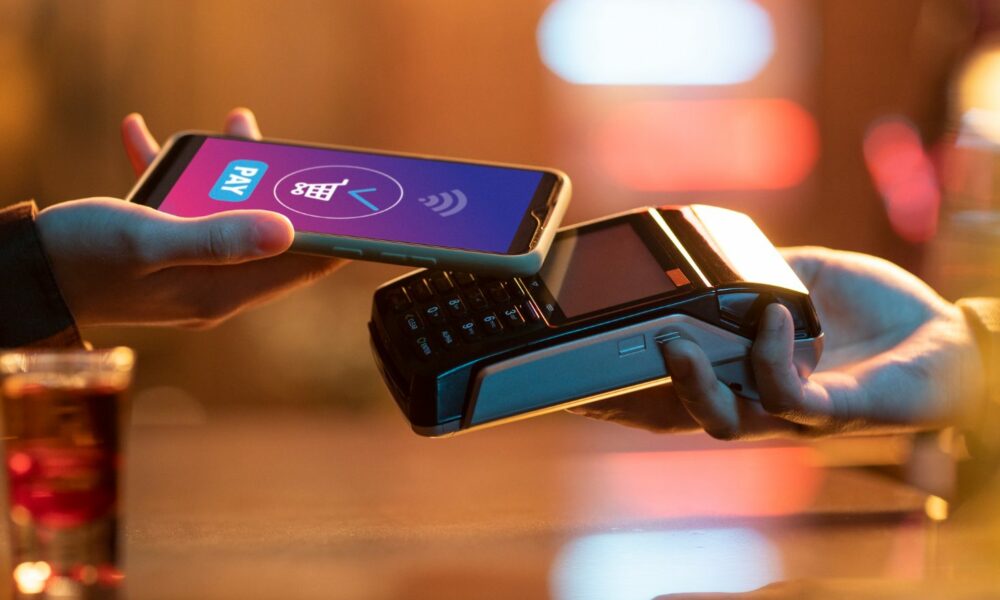Why Small Mobile Payments Are the Future of Financial Freedom

In today’s digital age, the concept of financial transactions is being dramatically reshaped by the emergence of small mobile payments. This evolution signifies more than just technological innovation; it represents a pivotal shift towards enhanced financial freedom for individuals across the globe. Through the seamless integration of mobile technology into our everyday financial practices, small mobile payments are not just a convenience—they are becoming a fundamental component of economic empowerment.
The Rise of Mobile Payment Solutions
The surge in popularity of https://www.family-paybank.com/ solutions can be attributed to their unparalleled convenience and efficiency. Services like Apple Pay, Google Wallet, and Samsung Pay have revolutionized the way consumers interact with their finances. By enabling payments through smartphones, these platforms reduce the need for physical wallets and cash, offering a more streamlined and secure method of managing money.
Enhanced Accessibility and Inclusion
One of the most significant impacts of small mobile payments is their role in enhancing financial accessibility. In many parts of the world, especially in developing countries, traditional banking services are not readily available. Mobile payments serve as a vital bridge, offering millions of people their first real access to financial services. This technology allows users to send, receive, and manage money using just their mobile phones, bypassing the need for a bank account or physical banking infrastructure.
Boosting Financial Control and Security
With the advent of mobile payment technologies, individuals gain greater control over their financial dealings. These systems often come equipped with features that allow for real-time tracking of expenditures, automated bill payments, and secure storage of financial information. Moreover, the inherent security measures, such as encryption and biometric verification (like fingerprint and facial recognition), significantly minimize the risks of theft and fraud.
The Economic Impact of Microtransactions
Microtransactions, or small-value transactions, are increasingly prevalent due to the rise of mobile payment systems. These involve small sums of money, often exchanged in everyday transactions such as buying a coffee or paying for a bus ride. The ease of executing these transactions through mobile payments stimulates economic activity by encouraging more frequent small purchases, benefiting small businesses and local economies.
Supporting the Gig Economy and Freelancers
Mobile payments are a cornerstone for the burgeoning gig economy, where freelancers and independent contractors thrive. These platforms facilitate the swift transfer of funds, often crucial for gig workers who rely on timely payments. The flexibility and immediacy of mobile payments empower these workers by providing them with quick access to their earnings, thus enhancing their financial stability and ability to manage cash flow.
Sustainability and Environmental Impact
Adopting mobile payments contributes to environmental sustainability by reducing the need for paper-based financial instruments like cash and checks. As more individuals and businesses move towards digital transactions, the resultant decrease in paper usage contributes to less waste and lower environmental footprint. Additionally, the reduced necessity for physical travel to banks or ATMs can contribute to lower carbon emissions, aligning financial practices with eco-friendly initiatives.
Future Trends in Mobile Payments
The future of mobile payments is poised for exponential growth and innovation. With advancements in technology, we can anticipate even more sophisticated features like enhanced predictive analytics, which will make personalized financial advice more accessible directly through payment apps. Furthermore, the integration of blockchain technology could revolutionize mobile payments by enhancing security and transparency, potentially reducing transaction costs and increasing trust among users.
Conclusion
The transformative power of small mobile payments extends far beyond mere convenience. They are a vital tool for financial inclusion, providing millions with access to economic activities that were previously out of reach. These transactions support the gig economy, bolster microtransactions, and promote sustainability. As this technology continues to evolve, its role in fostering financial freedom and empowerment will only increase, making it an indispensable element of the global financial landscape.





